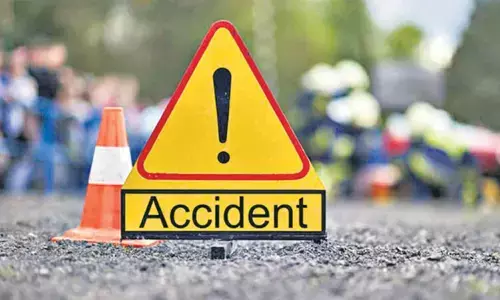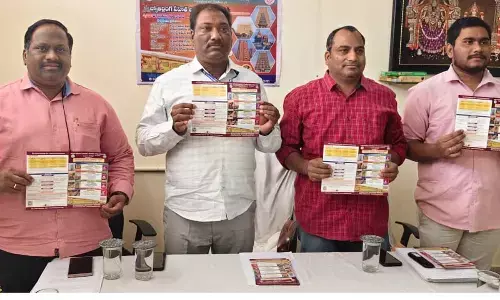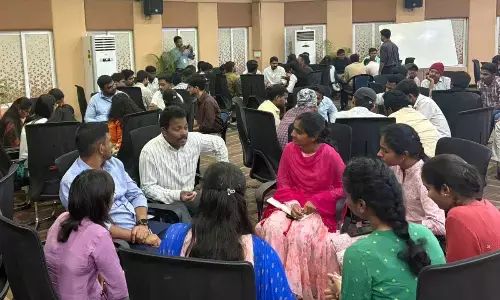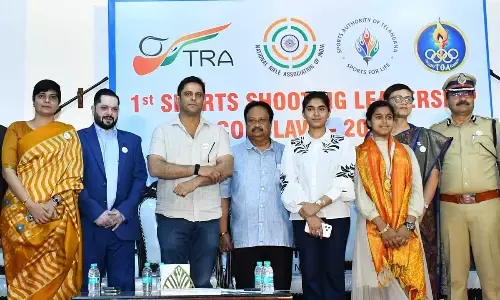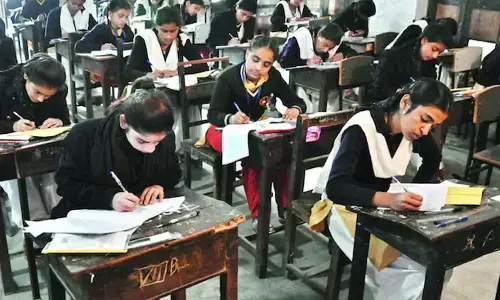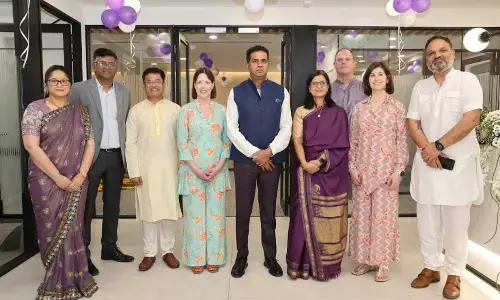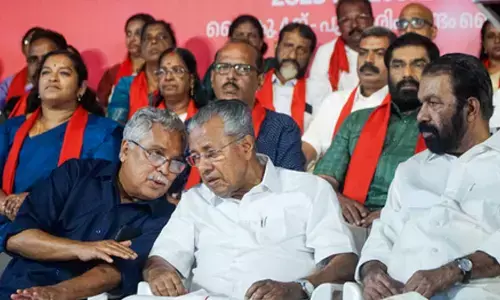New syllabus for MBBS after 21 yrs

From next academic year 201920, MBBS curriculum will undergo a seachange Students would be required to acquire all types of communication skills and have clinical exposure in the first year itself and not form the second year
Tirupati: From next academic year (2019-20), MBBS curriculum will undergo a sea-change. Students would be required to acquire all types of communication skills and have clinical exposure in the first year itself and not form the second year.
The existing syllabus has been in use for the last 21 years and the Medical Council of India (MCI) which governs the medical education in the country has revisited the curriculum in view of the discovery of new diseases during this period while some subjects were found irrelevant.
It was learnt that the MCI has been training around 40,000 teachers across the country to teach the revised curriculum. The trained teachers will train other teachers to effectively implement the new curriculum which was named as ‘Competency-based UG Curriculum for the Indian Medical graduate’.
The new competency-based MBBS curriculum will be rolled out from the next academic year and in January it will be officially introduced, said Director General of Health Services (Government of India) Dr S Venkatesh.
Speaking to The Hans India on his visit to Tirupati, Dr Venkatesh said that the new curriculum will stress on medical ethics, better doctor-patient relationship and outcome-based learning. It will have a course called Attitude, Ethics and Communication (AETCOM) which runs across the years.
Students will be assessed on how they communicate with patients, how they counsel people to organ donation and other challenging procedures and how sensitively do they offer care and obtain consent.
Dr Venkatesh explained that there will be alignment and integration of subjects both horizontally and vertically. The curriculum provides for early clinical exposure, electives and longitudinal care. Students from diverse educational streams and backgrounds will have opportunity to transition in a proper way through a foundation course.
He said, “Allied and healthcare professionals can reduce the cost of care and dramatically improve the access to quality driven healthcare services. For regulating and standardising their education and services, the Union Cabinet has approved the ‘Allied and Healthcare professions Bill 2018’ on November 22 which provides for setting up of an Allied and Healthcare Council of India and corresponding state councils which will play the role of a standard setter and facilitator for such professions”.
When enacted by Parliament this will directly benefit around 8-9 lakh existing Allied and Healthcare professionals in the country and several other graduating professionals joining workforce annually and contributing to the health system.
Though such professionals were there in the system already, there was a significant gap in the allied and healthcare space because of a lack of proper regulatory framework. The Junior Doctors Association (JUDA) President in Tirupati Dr M Venkataramana has welcomed the proposed changes in the curriculum.


